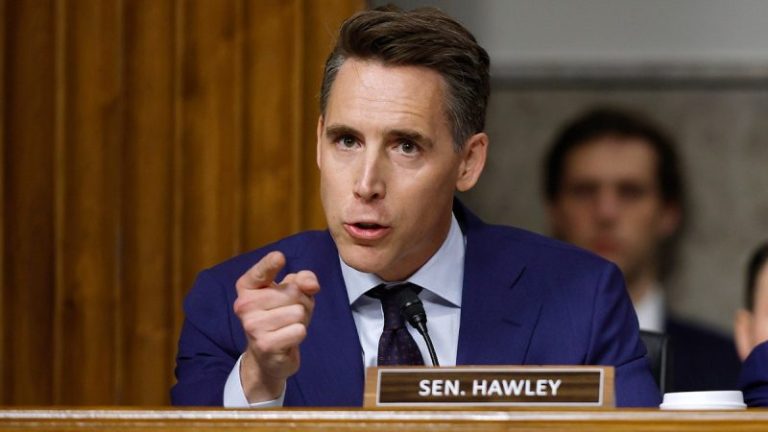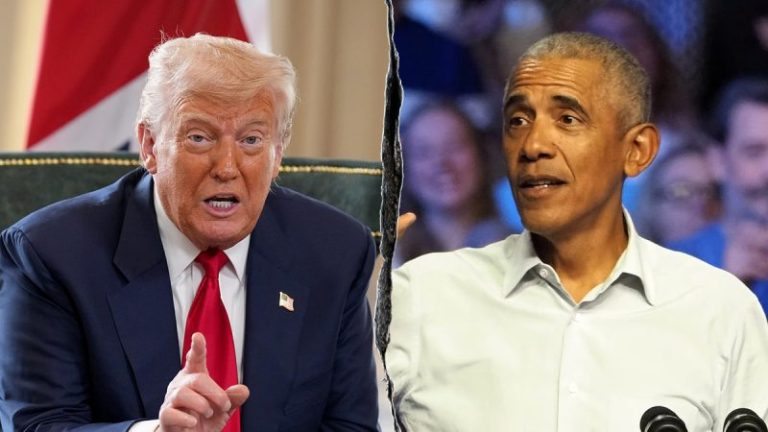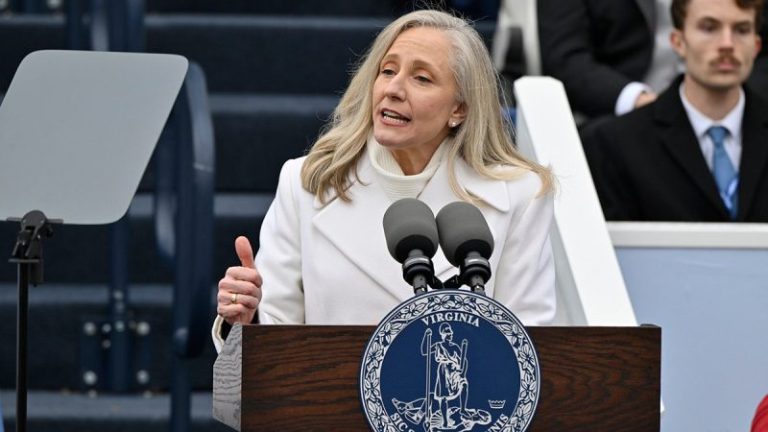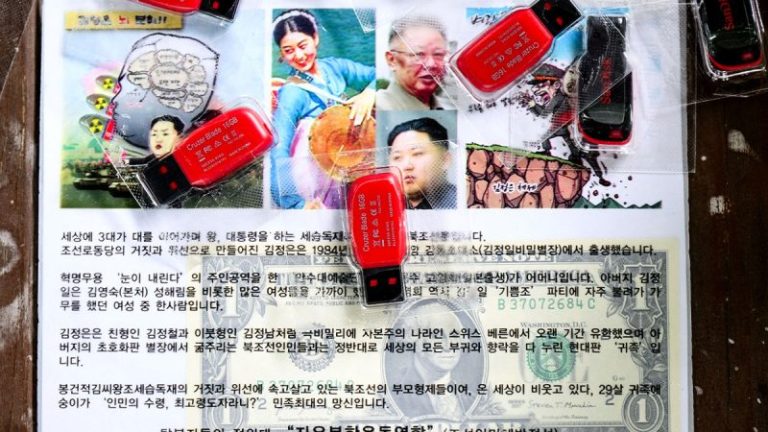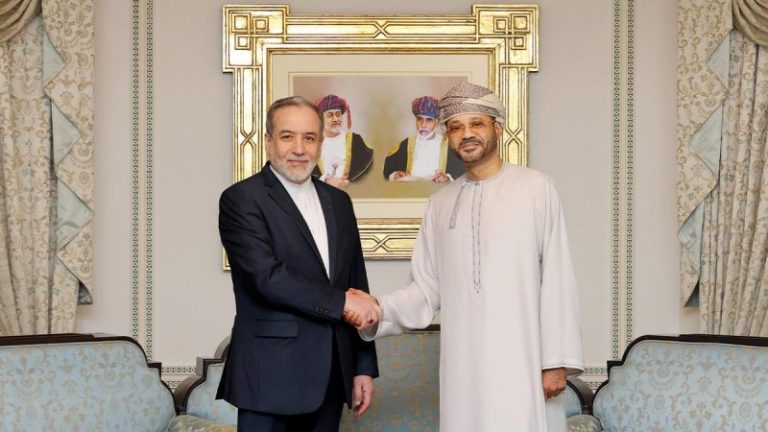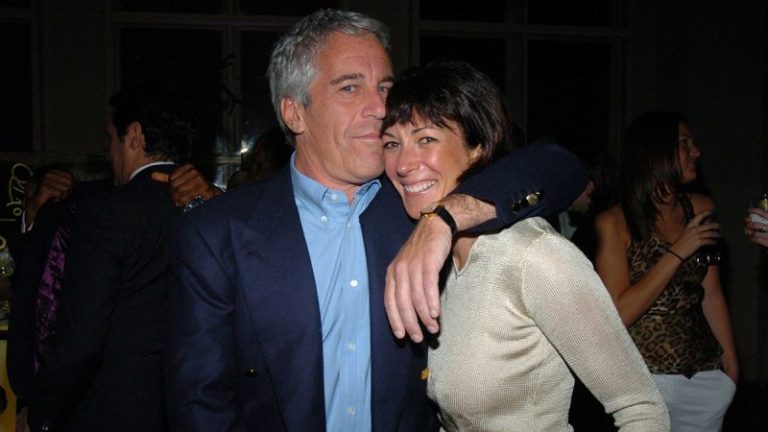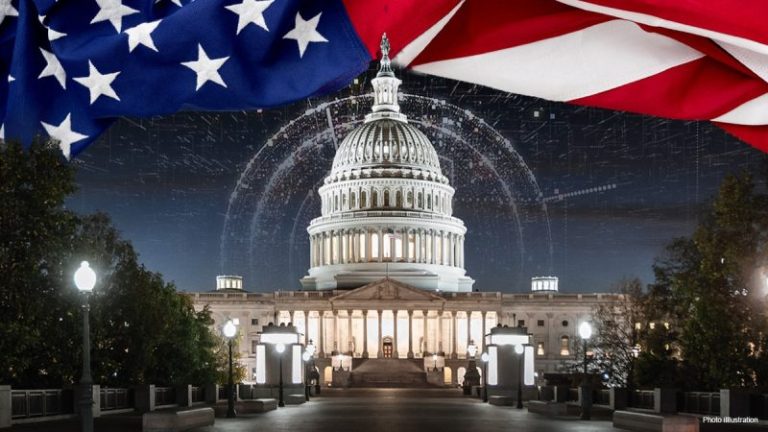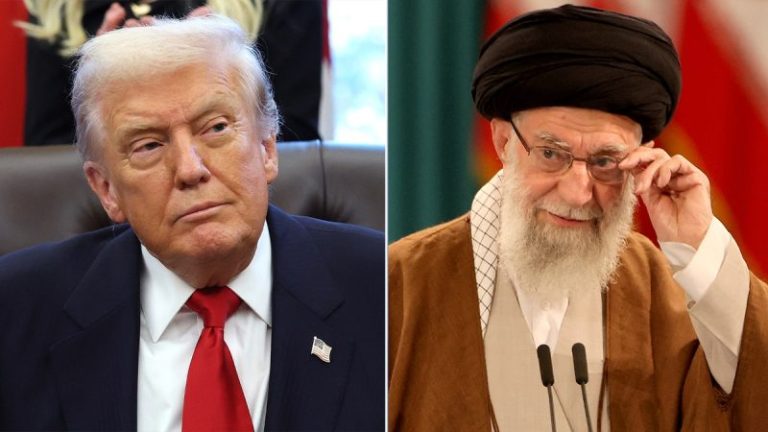A Tuesday Senate hearing is set to expose billions in fraud in Minnesota as well as foreign backing for anti-ICE agitators across the country, Sen. Josh Hawley’s office told Fox News Digital.
The hearing before the Homeland Security Subcommittee on Disaster Management, which Hawley chairs, will feature testimony from a Minnesota state senator and representatives of third-party watchdog groups. Systemic fraud backed by transnational groups has stolen billions from child nutrition, FEMA assistance, housing, Medicaid and substance abuse services, the testimony is expected to say.
‘American taxpayers are getting robbed blind—billions stolen in Minnesota, and hundreds of billions siphoned out of the country by transnational criminals every year—all while foreign actors coordinate chaos on our streets,’ Hawley told Fox News in a statement.
‘Enough is enough. It’s time to root out the dark money and shut down the foreign influence,’ he added.
Minnesota State Sen. Mark Koran’s testimony will highlight the role Minnesota Gov. Tim Walz and Attorney General Keith Ellison played in allowing fraud to fester and spread across the state in what he calls the ‘largest expansion and fastest acceleration of fraud this country has ever seen.’
Witnesses are expected to say that senior officials were not only aware of the fraud but have also taken steps to hide it from public scrutiny by backdating audit records and cracking down on whistleblowers.
A Minnesota Department of Human Services (DHS) whistleblower told Fox News that she was the victim of a ‘smear campaign’ after raising red flags about fraud in the state since 2019.
Federal prosecutors estimate that up to $9 billion was stolen through a network of fraudulent fronts posing as daycare centers, food programs and health clinics. The majority of those charged, so far, in the ongoing investigation are part of Minnesota’s Somali population.
In addition to Koran, lawmakers will hear testimony from Seamus Bruner, the vice president of the Government Accountability Institute; Dylan Hedtler-Gaudette, the acting vice president of Policy & Government Affairs for the Project on Government Oversight, and Haywood Talcove, the CEO of LexisNexis Risk Solutions, Government.
Talcove’s testimony will focus on transnational groups that he says are exploiting federal assistance programs and using stolen funds support ‘organized crime, drug trafficking, human exploitation, and, in some cases, terrorist-affiliated or hostile foreign actors.’
Bruner’s testimony will also focus on foreign influence, linking the funding streams to foreign actors, including individuals with ties to the Chinese Communist Party.

